A new study from SDSU researchers suggests certain foods can be used to control the effects of biophage viruses.
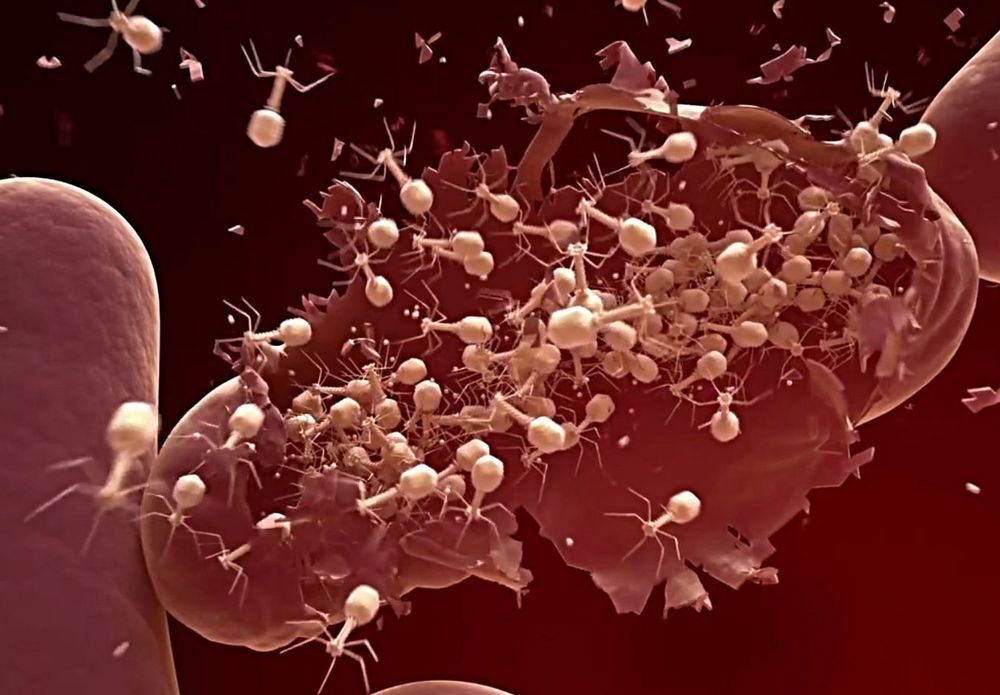

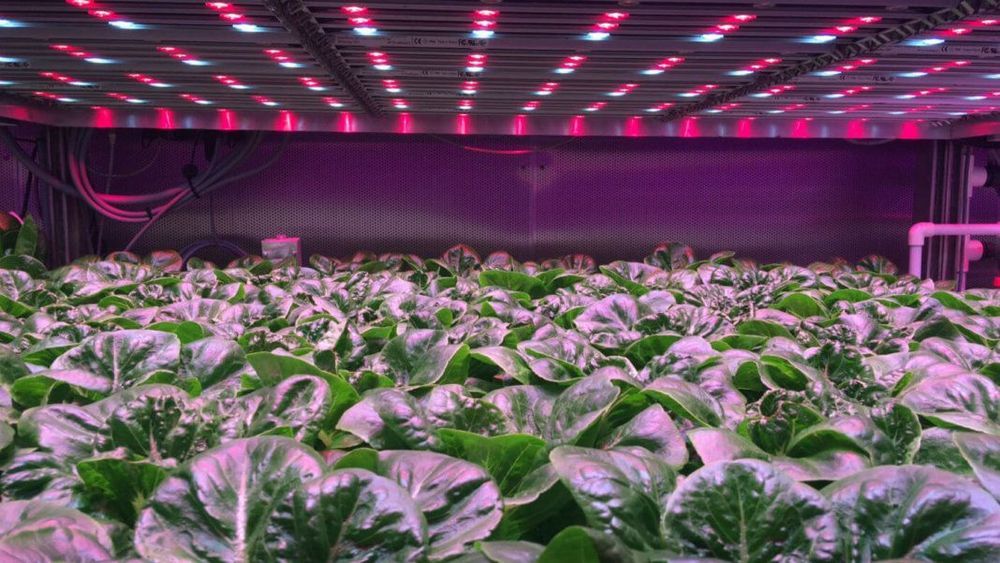
Within the next 10 years, what we eat and how it’s grown will be fundamentally transformed.
And converging exponential technologies—from materials science to AI-driven digital agriculture—are not slowing down. Today’s breakthroughs will soon allow our planet to boost its food production by nearly 70 percent, using a fraction of the real estate and resources, to feed 9 billion by mid-century.
What you consume, how it was grown, and how it will end up in your stomach will all ride the wave of converging exponentials, revolutionizing the most basic of human needs.
[Note: This article is an excerpt from my next book The Future Is Faster Than You Think, co-authored with Steven Kotler, to be released January 28th, 2020.]
Printing Food


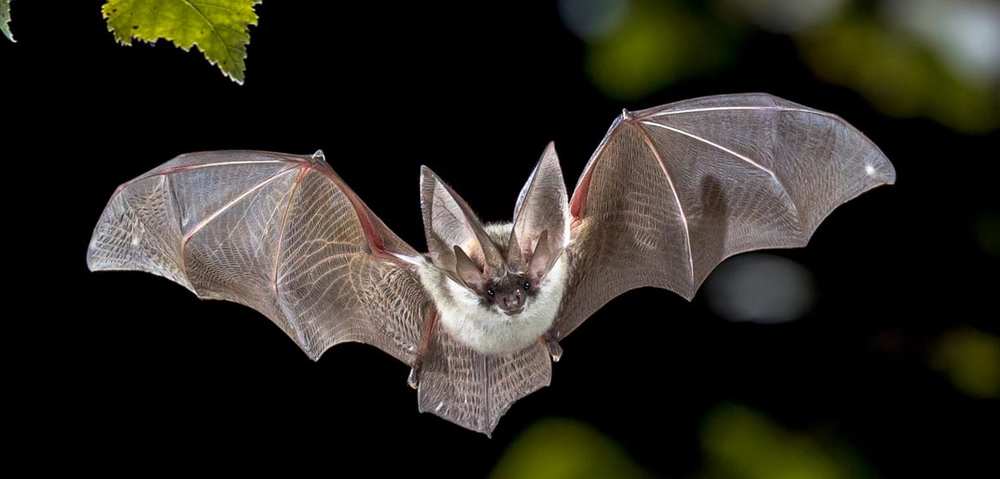
Zoonotic diseases may become the source of more outbreaks in the future. People must take note and pass the appropriate regulations to prevent future outbreaks.
https://www.newsroom.co.nz/2020/01/22/996315/are-bats-to-blame-for-chinas-virus#
As bats and humans cross paths more viruses are making the jump from bat to people. China’s latest scare is the latest coronavirus to affect humans likely to have its origins in bats.
The outbreak of a brand new virus in China has put humans’ relationship with bats under the spotlight again.
As the human population grows, so too are our interactions with bats, either through people and domestic animals sharing bat habitats, or increased hunting of bats for meat.

Study reveals interplay of an African bat, a parasite and a virus
Since the emergence of Severe Acute Respiratory Syndrome Coronavirus (SARS-CoV) and Middle East Respiratory Syndrom Coronavirus (MERS-CoV) it has become increasingly clear that bats are important reservoirs of CoVs. Despite this, only 6% of all CoV sequences in GenBank are from bats. The remaining 94% largely consist of known pathogens of public health or agricultural significance, indicating that current research effort is heavily biased towards describing known diseases rather than the ‘pre-emergent’ diversity in bats. Our study addresses this critical gap, and focuses on resource poor countries where the risk of zoonotic emergence is believed to be highest. We surveyed the diversity of CoVs in multiple host taxa from twenty countries to explore the factors driving viral diversity at a global scale. We identified sequences representing 100 discrete phylogenetic clusters, ninety-one of which were found in bats, and used ecological and epidemiologic analyses to show that patterns of CoV diversity correlate with those of bat diversity. This cements bats as the major evolutionary reservoirs and ecological drivers of CoV diversity. Co-phylogenetic reconciliation analysis was also used to show that host switching has contributed to CoV evolution, and a preliminary analysis suggests that regional variation exists in the dynamics of this process. Overall our study represents a model for exploring global viral diversity and advances our fundamental understanding of CoV biodiversity and the potential risk factors associated with zoonotic emergence.
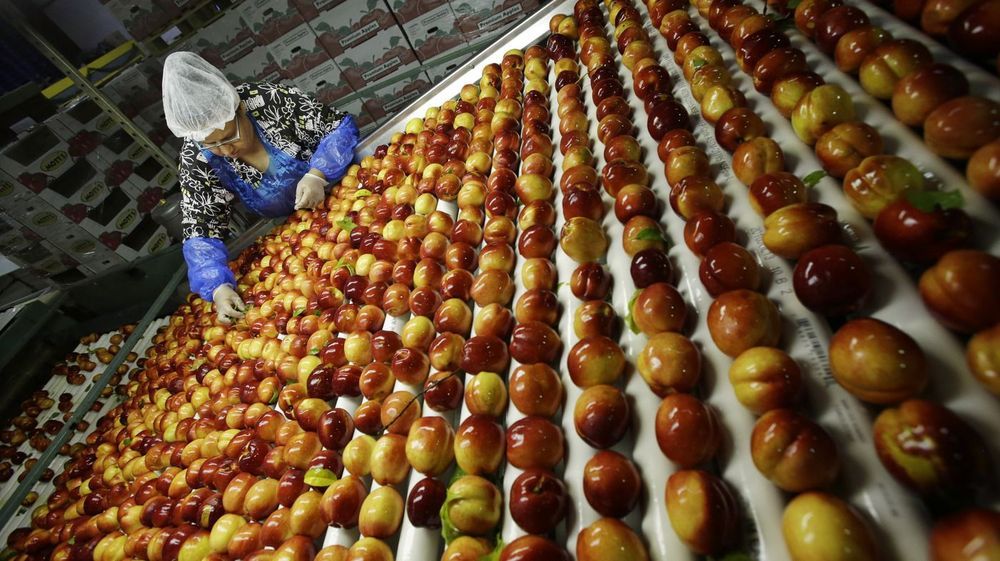
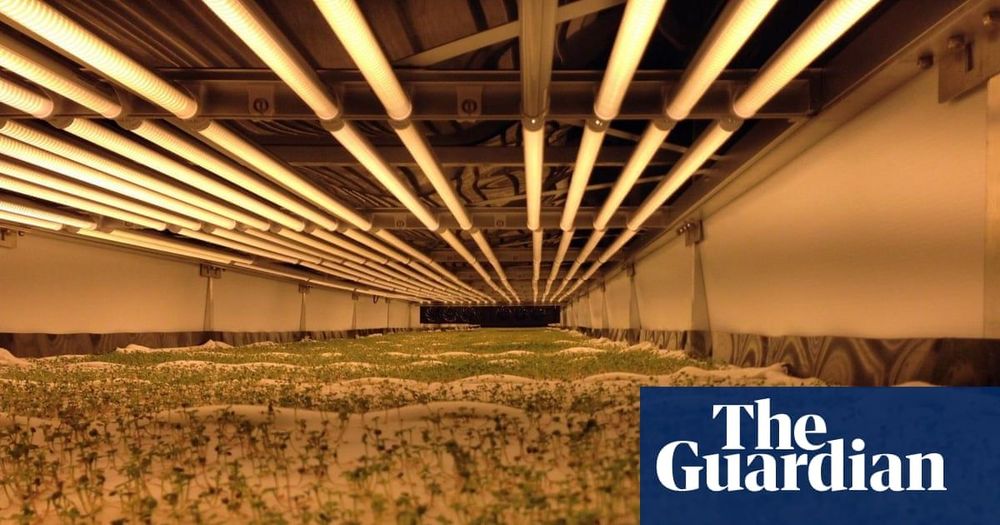
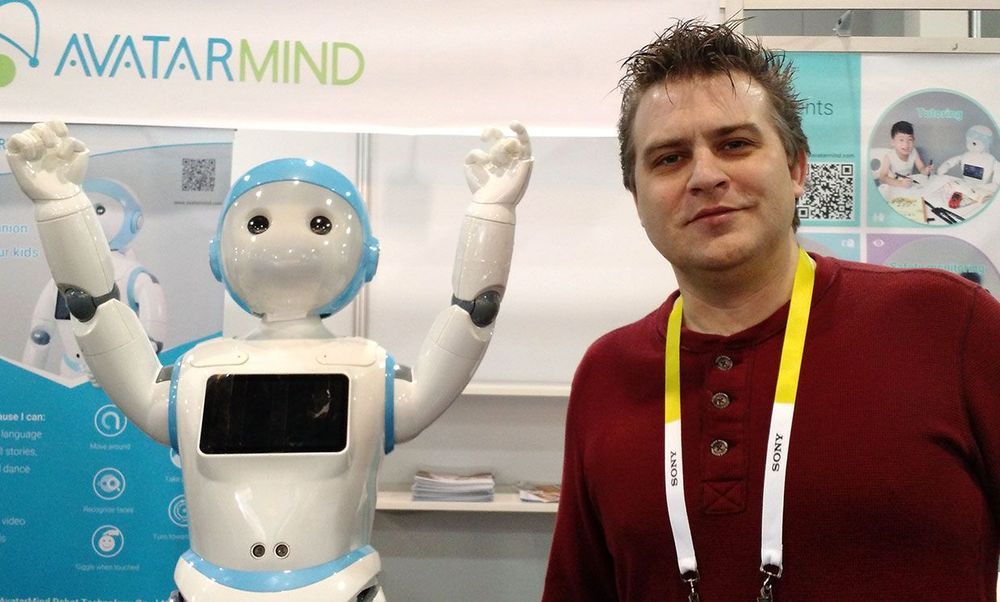
“The thing I find rewarding about coding: You’re literally creating something out of nothing. You’re kind of like a wizard.”
When the smiley-faced robot tells two boys to pick out the drawing of an ear from three choices, one of the boys, about 5, touches his nose. “No. Ear,” his teacher says, a note of frustration in her voice. The child picks up the drawing of an ear and hands it to the other boy, who shows it to the robot. “Yes, that is the ear,” the ever-patient robot says. “Good job.” The boys smile as the teacher pats the first boy in congratulations.
The robot is powered by technology created by Movia Robotics, founded by Tim Gifford in 2010 and headquartered in Bristol, Connecticut. Unlike other companies that have made robots intended to work with children with autism spectrum disorder (ASD), such Beatbots, Movia focuses on building and integrating software that can work with a number of humanoid robots, such as the Nao. Movia has robots in three school districts in Connecticut. Through a U.S. Department of Defense contract, they’re being added to 60 schools for the children of military personnel worldwide.
It’s Gifford’s former computer science graduate student, Christian Wanamaker, who programs the robots. Before graduate school at the University of Connecticut, Wanamaker used his computer science degree to program commercial kitchen fryolators. He enjoys a crispy fry as much as anyone, but his work coding for robot-assisted therapy is much more challenging, interesting and rewarding, he says.
New UC Riverside research shows soybean oil not only leads to obesity and diabetes, but could also affect neurological conditions like autism, Alzheimer’s disease, anxiety, and depression.
Used for fast food frying, added to packaged foods, and fed to livestock, soybean oil is by far the most widely produced and consumed edible oil in the U.S., according to the U.S. Department of Agriculture. In all likelihood, it is not healthy for humans.
It certainly is not good for mice. The new study, published this month in the journal Endocrinology, compared mice fed three different diets high in fat: soybean oil, soybean oil modified to be low in linoleic acid, and coconut oil.